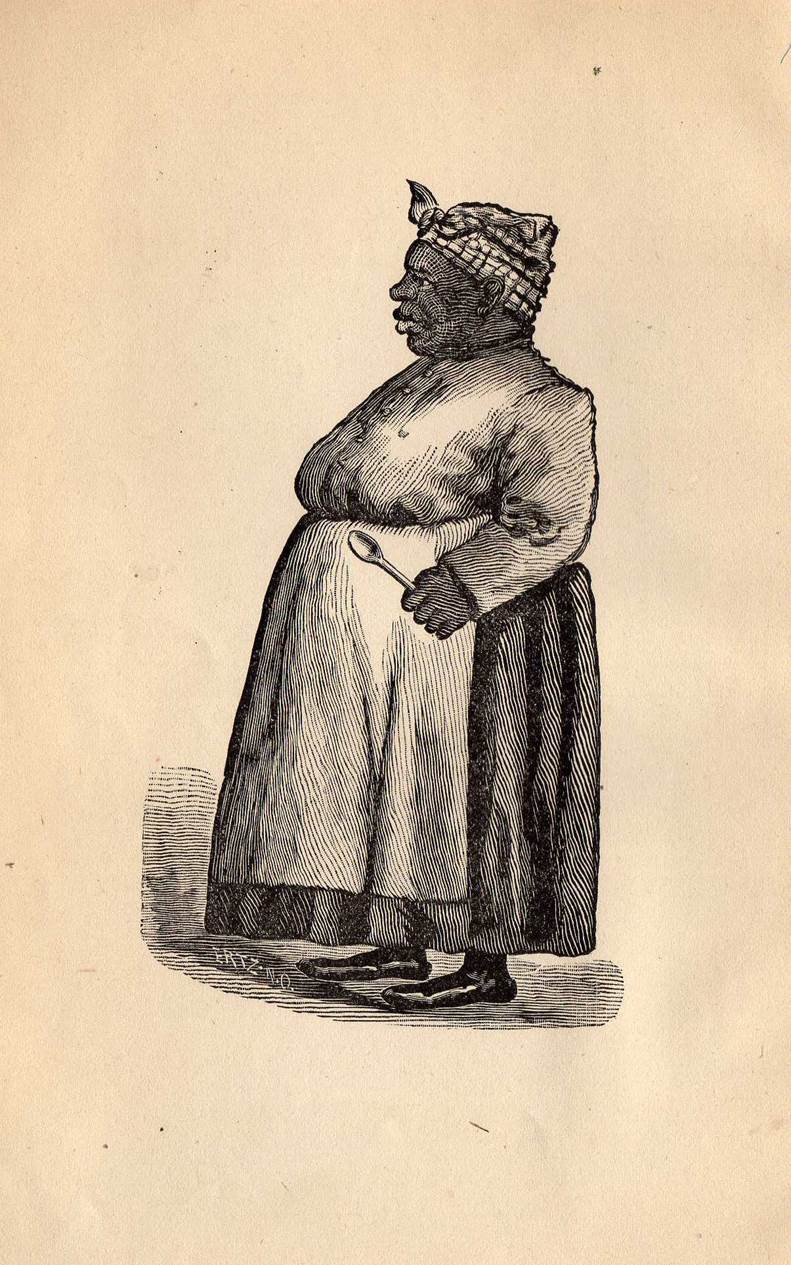On a chilly mid-February afternoon, Louis Armstrong’s “Struttin’ with Some Barbecue” filled the University of Michigan Museum of Art’s auditorium as undergraduate students milled about looking for a place to sit. This jazzy ditty acted as a conduit transporting students from a brisk Michigan winter to the early-20th century south. As the song concluded, Professor Stephen Berrey introduced guest lecturer JJ Jacobson, curator of the American Culinary History Collection at Special Collections Library. An expert in culinary arts, Jacobson’s lecture not only raised student awareness of the materials available via U-M’s library system, but also instructed students on how to use cookbooks as primary source materials.
Jacobson explained how researchers can use cookbooks as primary sources to understand the roles food and drink play in society and culture. Exemplars of southern cuisine were born from a cultural mélange of English settlers arriving by way of the West Indies and African slaves who slyly adapted their cooking patterns to their new environment. For example, barbecue cooking was derived from the West Indies’ practice of roasting the whole animal over a flame, and one-pot dishes such as gumbo and jambalaya evolved from West African and Spanish fare. Additionally, these canonical southern recipes would feature local (thus, fresh) ingredients such as catfish, okra, melons, and sweet potatoes.

Frontispiece, The Creole Cookery Book Edited by the Christian Woman's Exchange of New Orleans, 1885
As southern cookbooks in the early- to mid-20th century took a turn towards the nostalgic, the predominantly white cookbook authors created a visual personification of traditional southern cuisine: a maternal caricature of the African-American cook. These illustrations were a way for the white cookbook authors to denote authority and authenticity to the recipes found inside. When these authors attempted to gather exact recipes from African-American cooks, they were met with ambiguous descriptions and vague ingredient measurements. Interestingly, the taciturn nature of these cooks was a way for the creators of southern cuisine to (rightfully) protect their intellectual property.